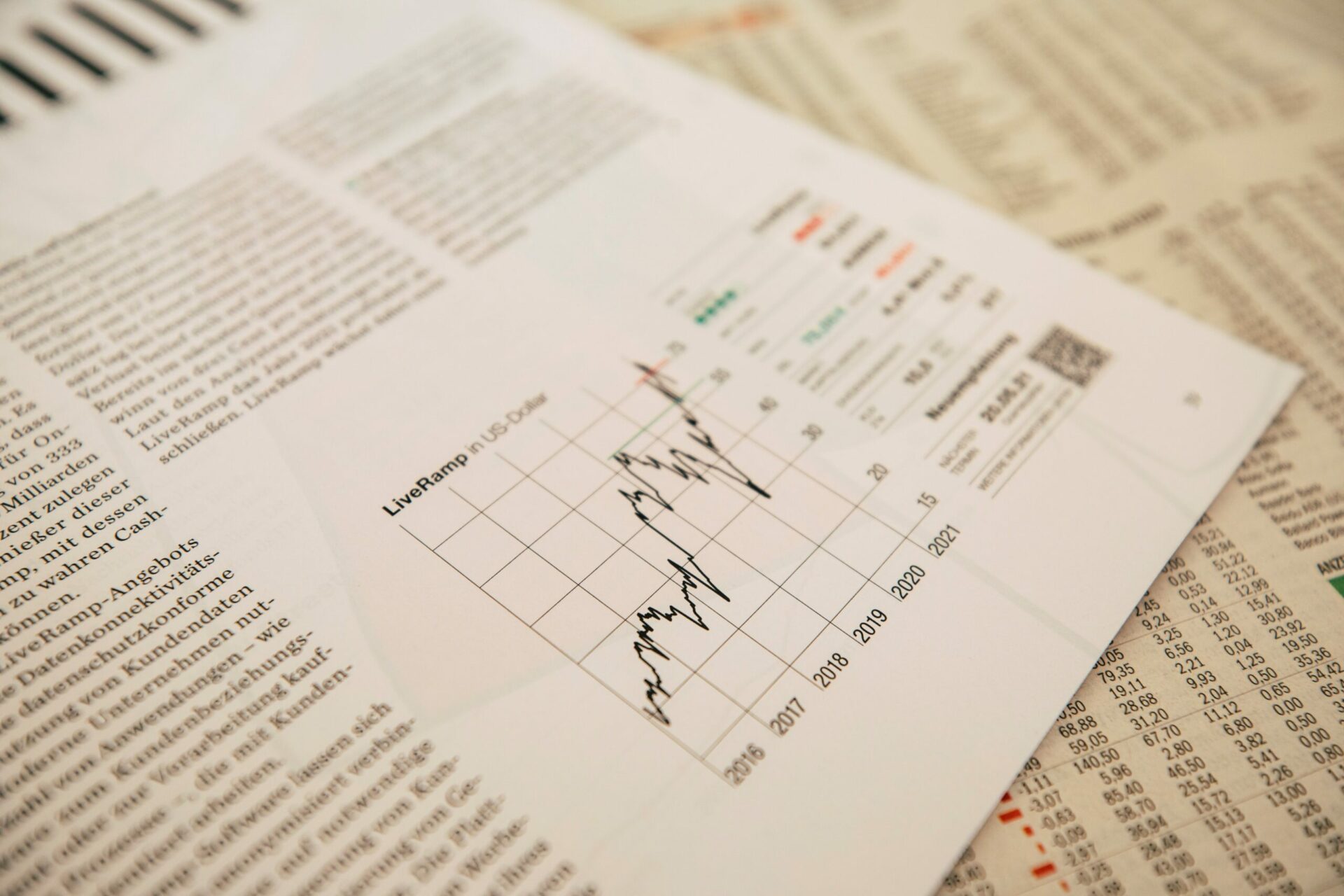Humans have a powerful instinctive drive to over-anticipate and overreact, which can often lead to emotional investing. When it comes to investing for retirement, reigning in that desire to react can be a major challenge.
How important is it to prevent emotional investing as a long-term investor?
Managing one’s emotions is the most important factor in your success as an investor over the long term. A lot of our job as financial advisors is to be the behavioural finance coach. This often involves “talking people off the cliff” when it comes to being fearful of what they are seeing in the economy or in the markets.
Having control over those emotions is not easy, hence why it is super important to have a professional that guides you along the way.
How do media headlines affect short-term market fluctuations, and what are the risks for long-term investors?
You have to remember that the media is there to sell advertising, and fear is twice as impactful as happiness or joy when it comes to investor psychology. There is always going to be a lot of fear perpetuated in the media because that is what draws the eyeballs.
You have to think about the long-term plan when it comes to your life savings and wealth management because the short-term chaos that we’re experiencing, and always will experience, always passes. It’s very important to try and keep your cool when the world seems like it’s crashing in on you.
What advice do you have for those with cash on the sidelines “waiting for things to settle”?
For those that are waiting on the sidelines with cash that you might be looking to deploy over the long-term, it is very important that you focus on time in the market vs. timing the market. Statistically, it is impossible to time the market from an entry and exit perspective and result in better returns than one that takes a buy-and-hold type of approach.
For those that do have additional cash available to invest, we have been counselling people to take an incremental approach. Perhaps 25% now with equal increments over the next 1, 2, or 3 months. It’s important to get that disciplined structure in place for getting the money invested, and then try not to worry about it.
Check out our “cost of waiting to invest” calculator to see why you should start investing for your future now. All of our financial planning calculators can be accessed here.
Quote of the Month:
“All of us would be better investors if we just made fewer decisions.”
– Dr. Daniel Kahneman
(The first-ever investor to win the Nobel Prize in economics)
Read The Full Commentary
If you do not have access to our monthly email, you can request it here:
Your privacy is fully protected. By filling out this form to request this month’s commentary, you give explicit permission for LT Wealth Management Partners to email you to deliver our e-newsletter. It is important to note that your consent acknowledges agreeing to receive our newsletter knowing that your name and email may be stored on external servers outside of Canada.



